Where It Ends With Us Book Review: A Journey of Love, Loss, and Second Chances
Related Articles: Where It Ends With Us Book Review: A Journey of Love, Loss, and Second Chances
Introduction
With enthusiasm, let’s navigate through the intriguing topic related to Where It Ends With Us Book Review: A Journey of Love, Loss, and Second Chances. Let’s weave interesting information and offer fresh perspectives to the readers.
Table of Content
Where It Ends With Us Book Review: A Journey of Love, Loss, and Second Chances
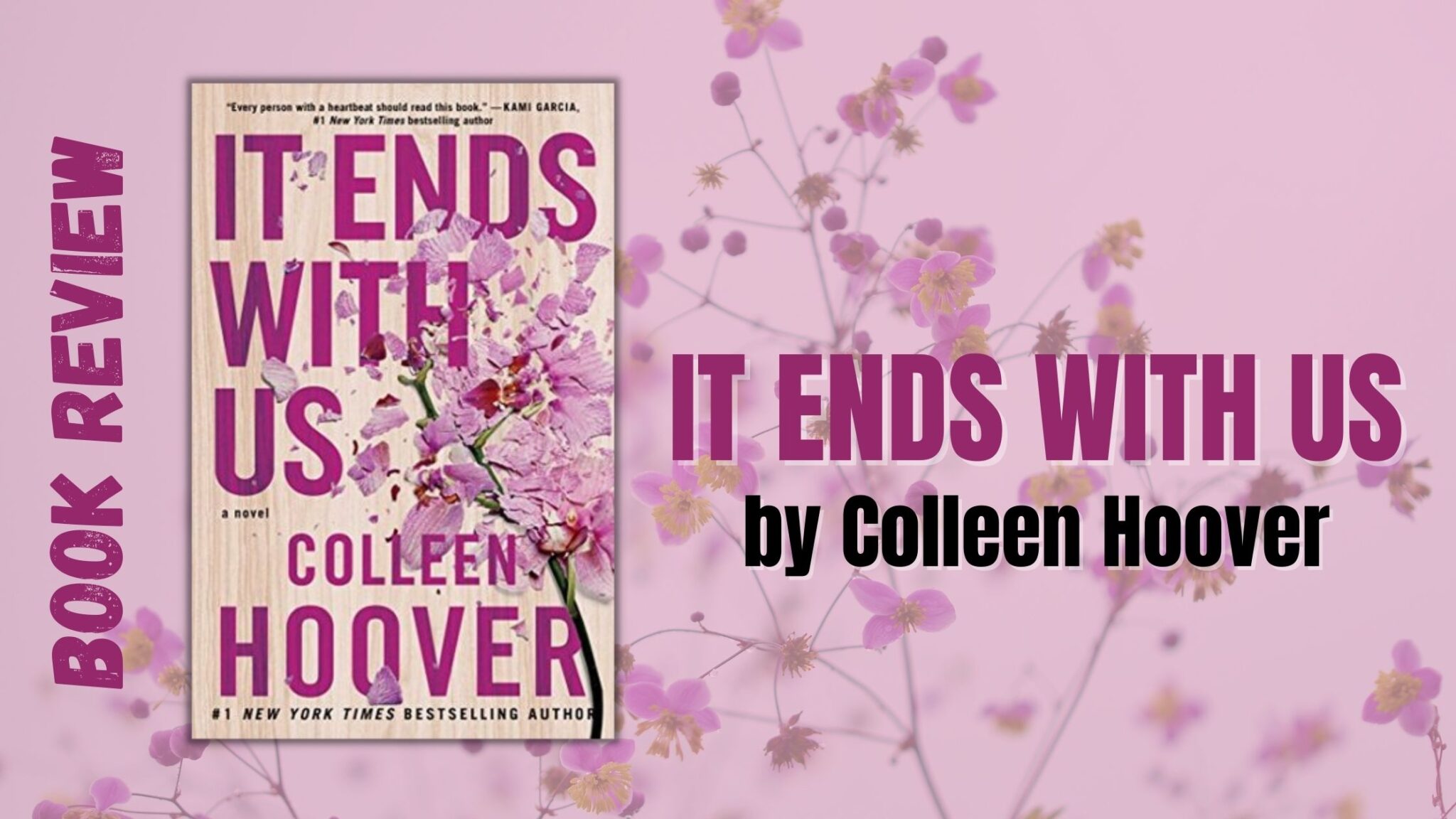
Colleen Hoover’s Where It Ends With Us has captivated readers worldwide, becoming a modern literary sensation. This deeply emotional novel delves into the complexities of love, loss, and the enduring power of second chances. The story centers around Lily, a young woman navigating the intricacies of relationships and the consequences of past trauma. Through Lily’s journey, Hoover masterfully explores themes of domestic abuse, forgiveness, and the resilience of the human spirit.
A Comprehensive Exploration of the Novel’s Themes:
- Love and Second Chances: The novel explores the profound impact of love and the potential for healing even after enduring profound pain. Lily’s journey highlights the complexities of falling in love again, the fear of repeating past mistakes, and the courage it takes to embrace a new beginning.
- Domestic Abuse and Trauma: Hoover tackles the sensitive topic of domestic abuse with sensitivity and realism. Lily’s experience with an abusive partner reveals the insidious nature of this form of violence and its long-lasting consequences on victims. The novel sheds light on the emotional and psychological toll of abuse, emphasizing the importance of seeking support and healing.
- Forgiveness and Self-Love: Where It Ends With Us is not just a story about finding love; it’s also about finding oneself. Lily’s journey towards self-acceptance and forgiveness is central to the narrative. She grapples with the guilt and shame associated with her past, learning to forgive both herself and those who have wronged her. This process of self-discovery and healing is a powerful testament to the human capacity for resilience.
Exploring the Narrative’s Strengths:
- Compelling Characters: Lily is a relatable and nuanced protagonist, navigating the complexities of her emotions with honesty and vulnerability. Her journey resonates with readers on a deeply personal level, making her triumphs and struggles feel both universal and uniquely her own. The supporting characters, including Ryle, Lily’s love interest, and Atlas, a childhood friend, are equally well-developed and contribute to the emotional depth of the story.
- Intriguing Plot: The novel’s plot is both compelling and unpredictable. Hoover masterfully balances moments of intense emotional turmoil with heartwarming moments of hope and resilience. The narrative unfolds organically, keeping readers engaged and invested in Lily’s journey from beginning to end.
- Emotional Impact: Where It Ends With Us is a deeply moving and emotionally resonant novel. Hoover’s writing style is both evocative and powerful, drawing readers into the world of her characters and allowing them to experience their joys and sorrows firsthand. The novel’s exploration of love, loss, and the complexities of human relationships is both thought-provoking and deeply affecting.
Addressing Frequently Asked Questions:
Q: Is Where It Ends With Us a standalone novel or part of a series?
- A: While Where It Ends With Us is a standalone novel, it shares a universe with Colleen Hoover’s It Ends With Us. Both novels feature interconnected characters and storylines, adding another layer of depth and intrigue for readers who enjoy exploring the interconnectedness of the author’s fictional world.
Q: What are the main themes explored in the novel?
- A: Where It Ends With Us delves into themes of love, loss, second chances, domestic abuse, forgiveness, and self-discovery. The novel explores the complexities of these themes with sensitivity and realism, offering readers a poignant and thought-provoking journey.
Q: Is the ending of the novel satisfying?
- A: The ending of Where It Ends With Us is a powerful and bittersweet conclusion to Lily’s journey. While it offers closure, it also leaves room for reflection and contemplation, leaving readers with a sense of hope and the understanding that life is a continuous process of growth and change.
Q: Is the novel suitable for all readers?
- A: Due to its exploration of sensitive themes, including domestic abuse and trauma, Where It Ends With Us may not be suitable for all readers. However, the novel’s nuanced and realistic portrayal of these issues can be a powerful tool for sparking conversations and raising awareness about these important topics.
Tips for Enjoying the Novel:
- Prepare for Emotional Intensity: Be prepared for a rollercoaster of emotions as you delve into Lily’s journey. The novel is emotionally charged, and its exploration of sensitive topics may evoke strong reactions.
- Embrace the Characters: Allow yourself to connect with Lily, Ryle, and Atlas. Their individual journeys and relationships are intricately woven together, creating a compelling and emotionally engaging narrative.
- Reflect on the Themes: Where It Ends With Us offers a rich tapestry of themes that can be explored on multiple levels. Take time to reflect on the messages the novel conveys about love, loss, forgiveness, and self-discovery.
Conclusion:
Colleen Hoover’s Where It Ends With Us is a powerful and impactful novel that resonates deeply with readers. It offers a compelling exploration of love, loss, and the enduring power of second chances, reminding us that even in the face of adversity, hope and healing are possible. The novel’s nuanced characters, intriguing plot, and emotional depth make it a must-read for anyone seeking a story that will stay with them long after the final page.
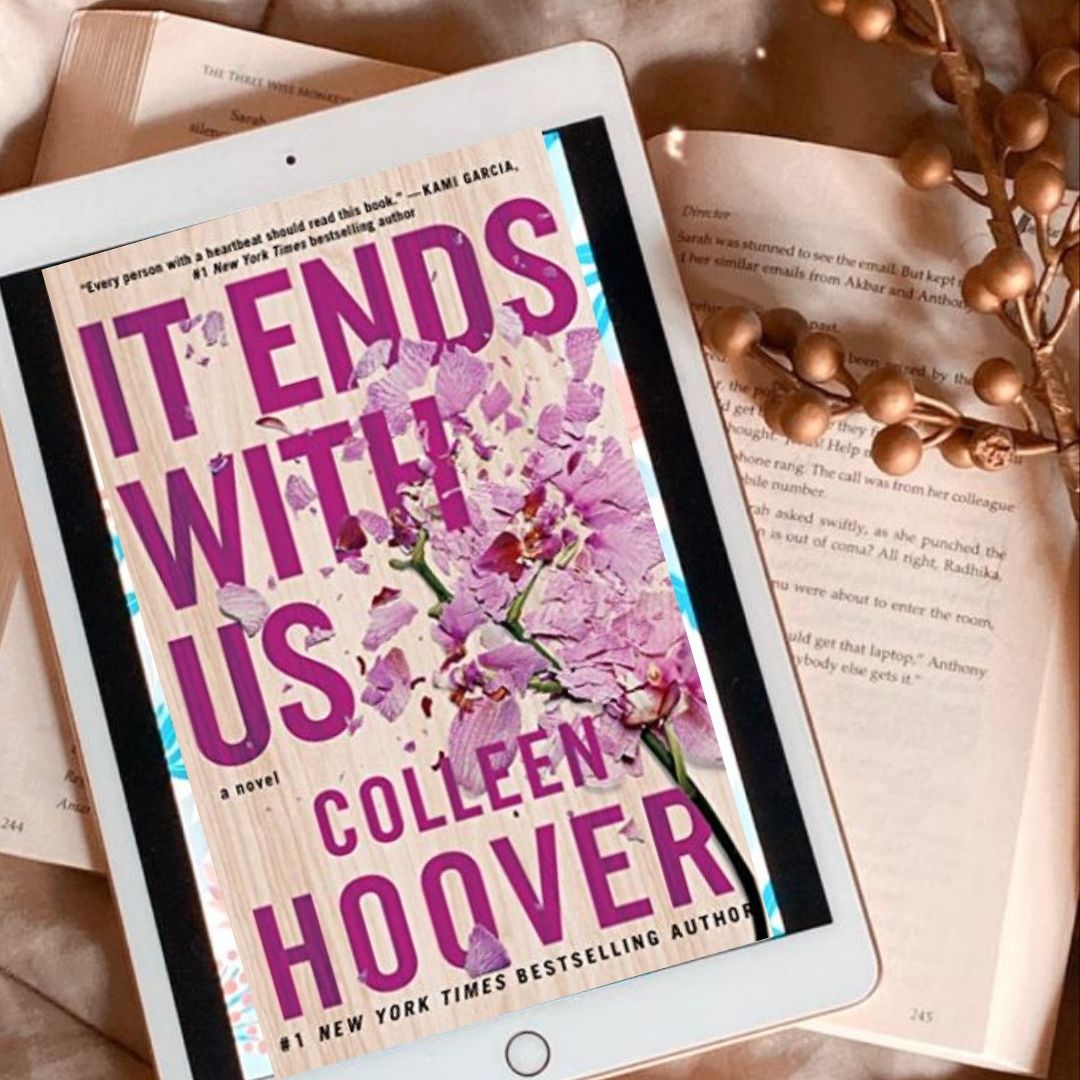

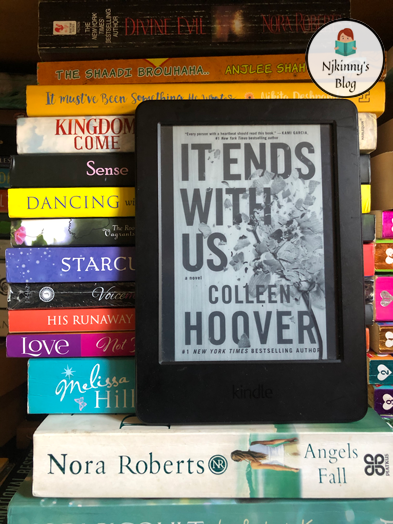

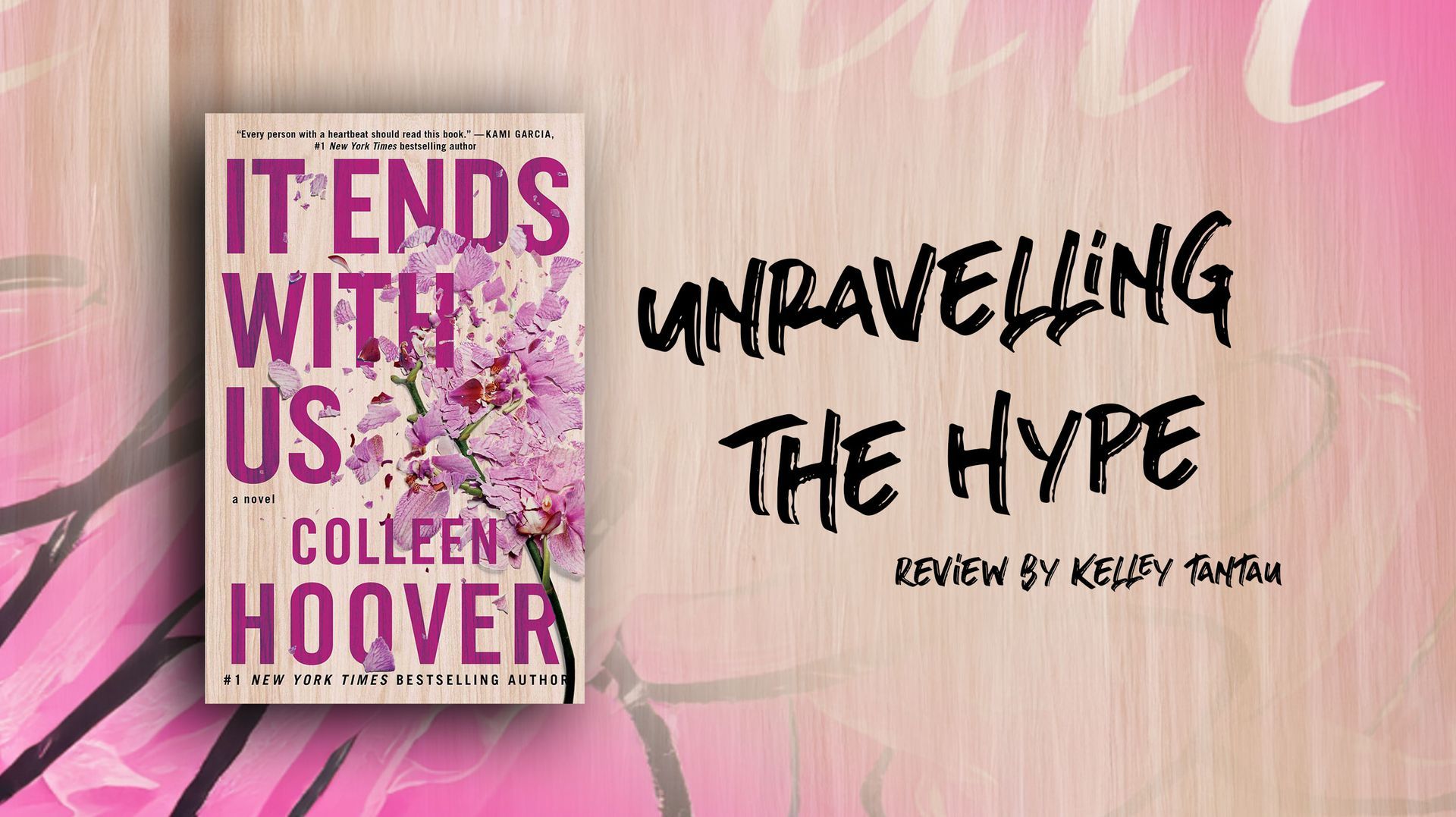
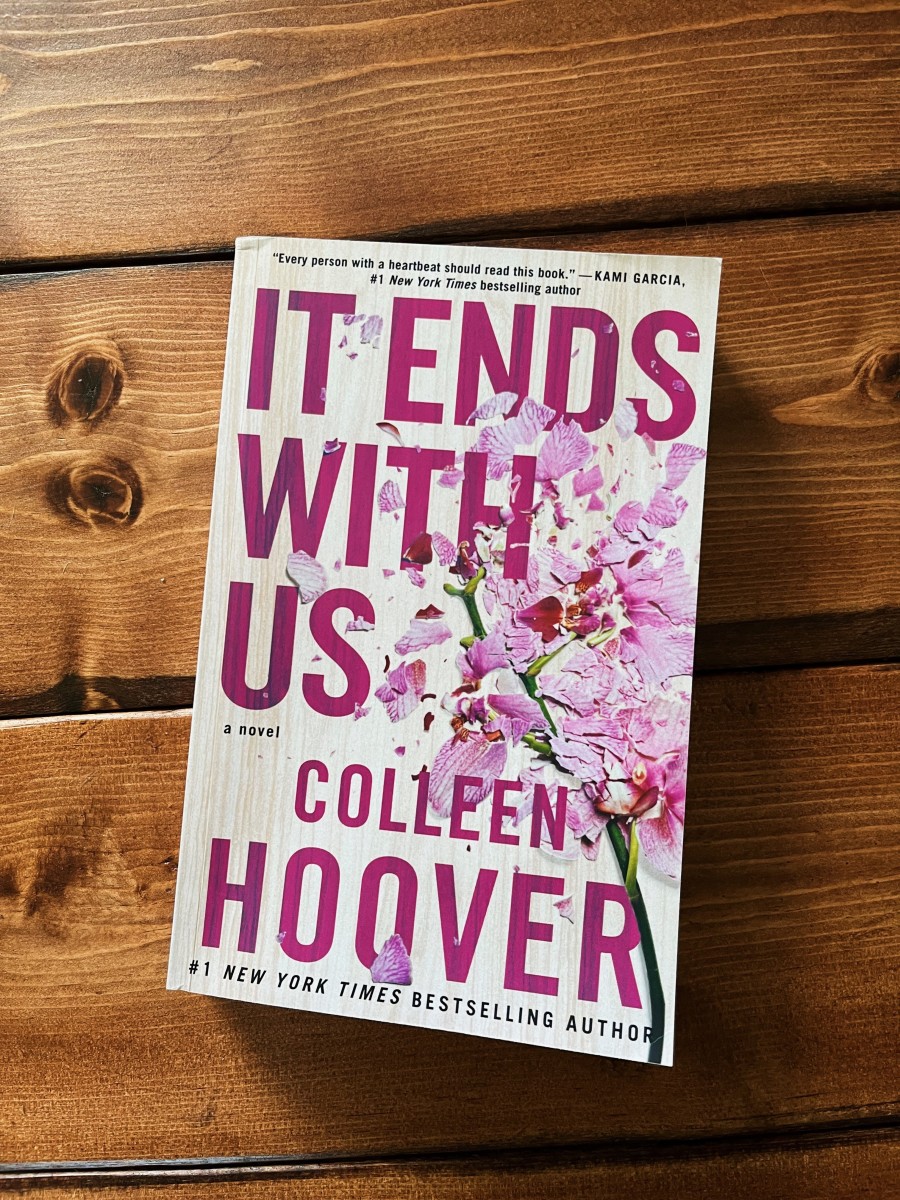


Closure
Thus, we hope this article has provided valuable insights into Where It Ends With Us Book Review: A Journey of Love, Loss, and Second Chances. We thank you for taking the time to read this article. See you in our next article!